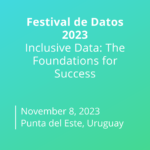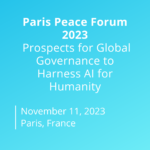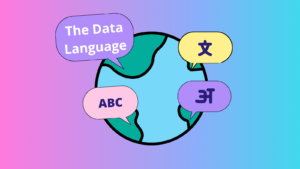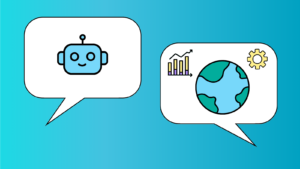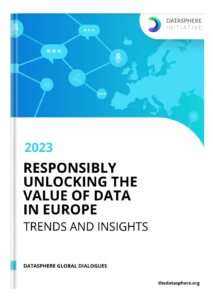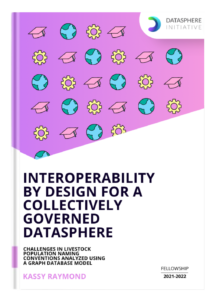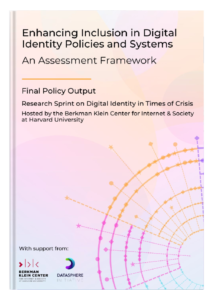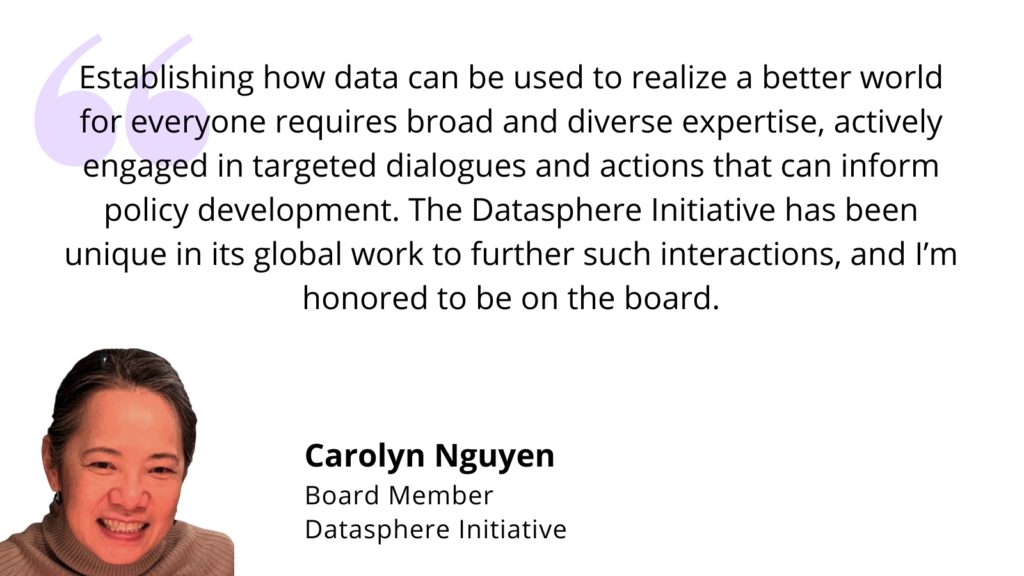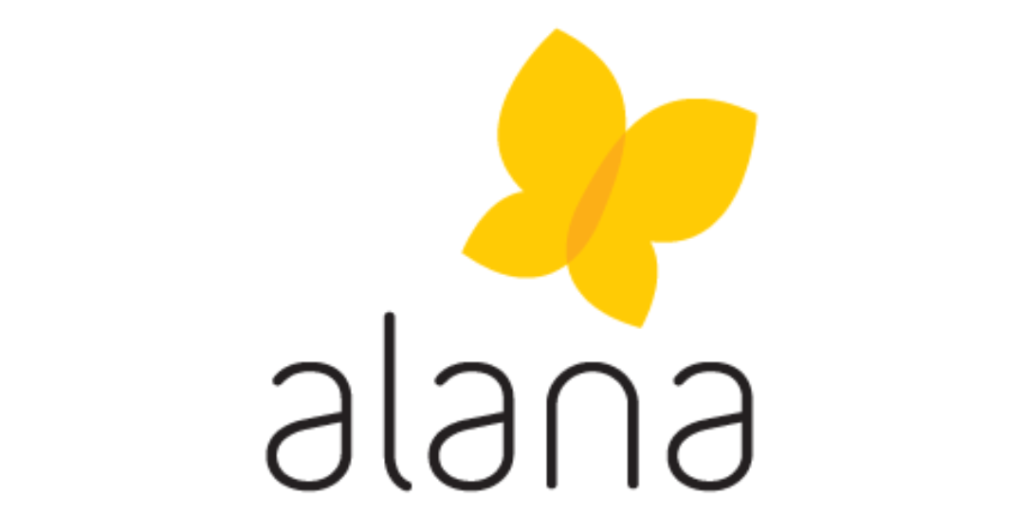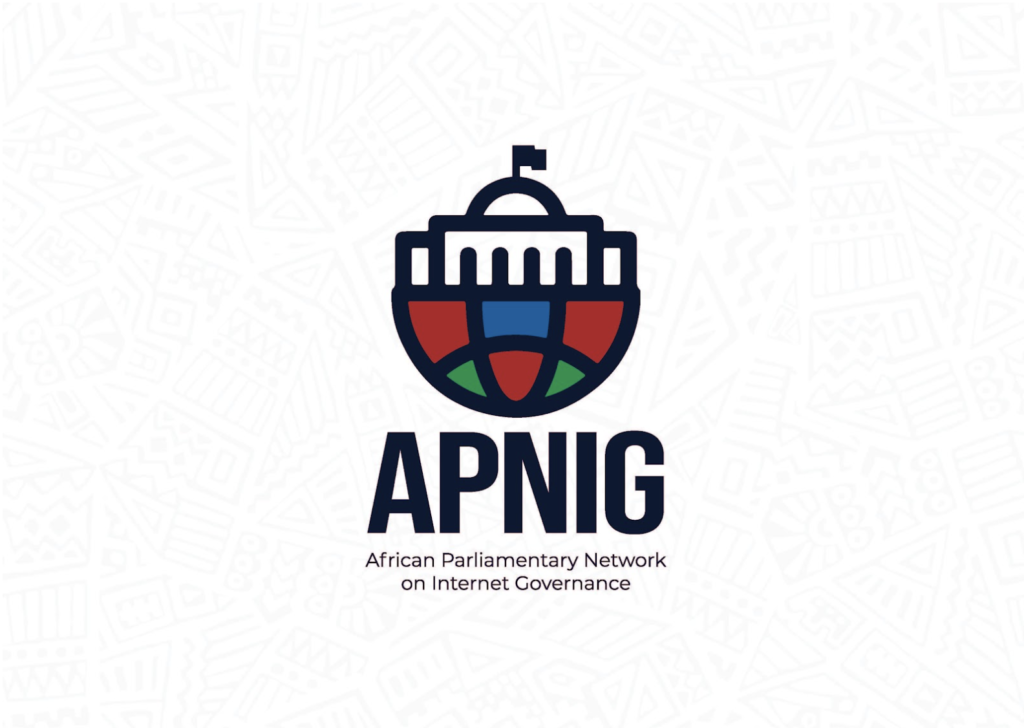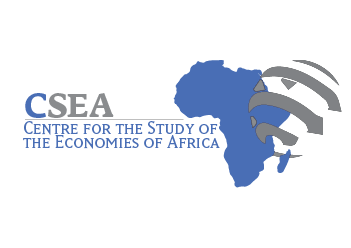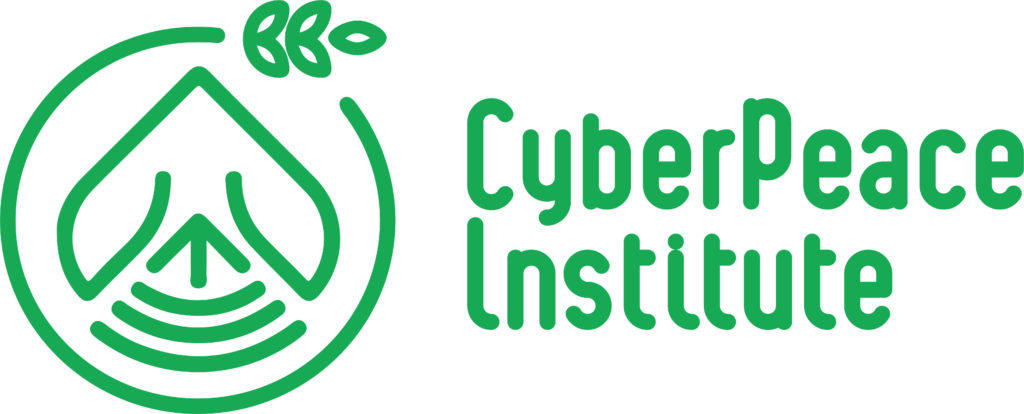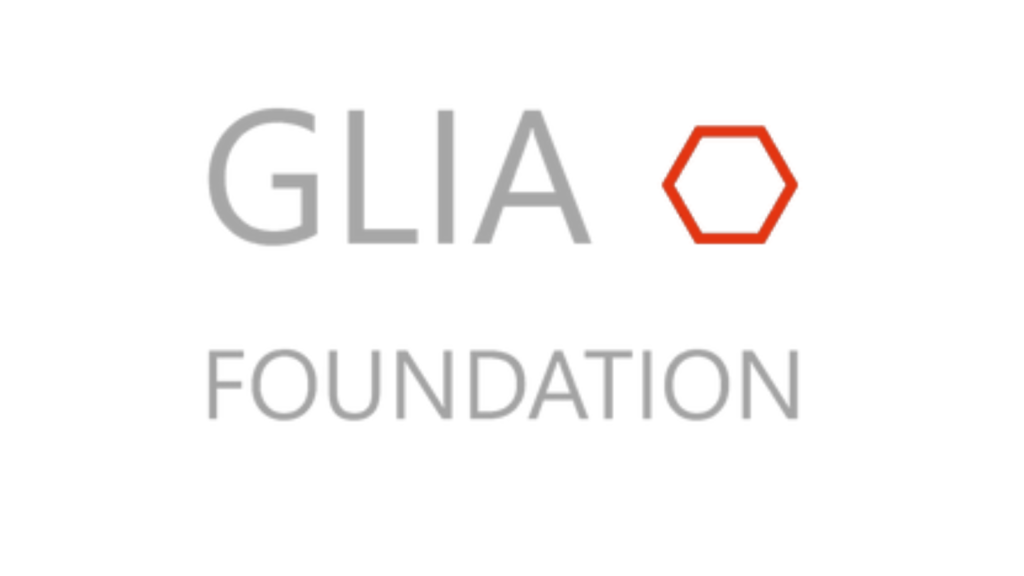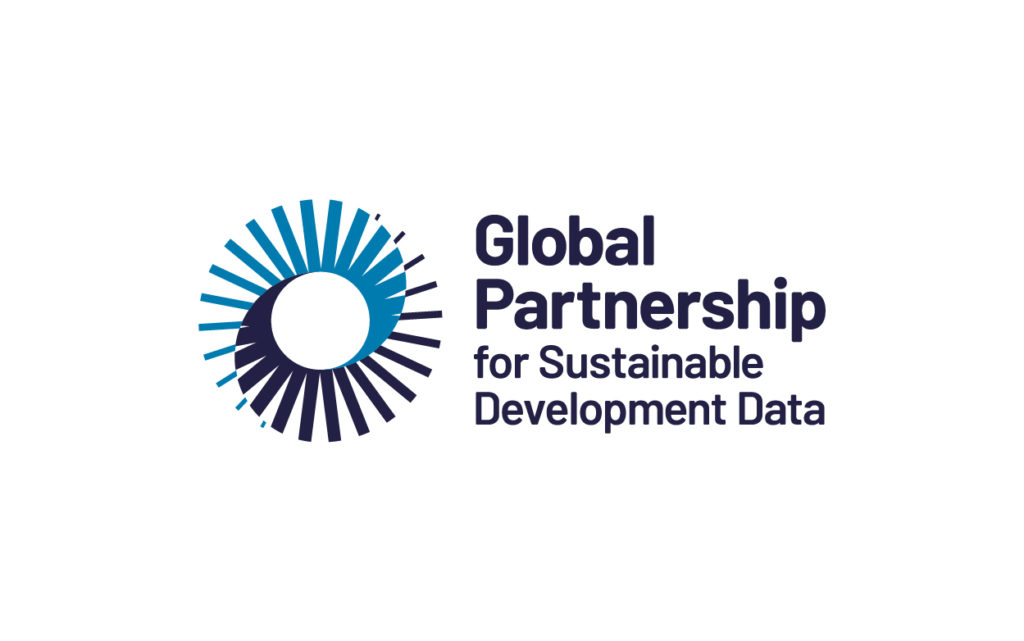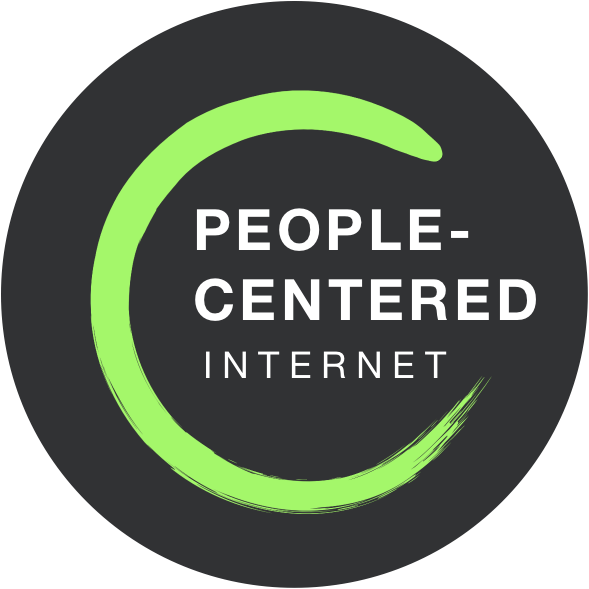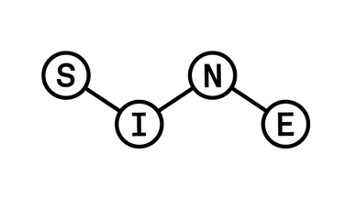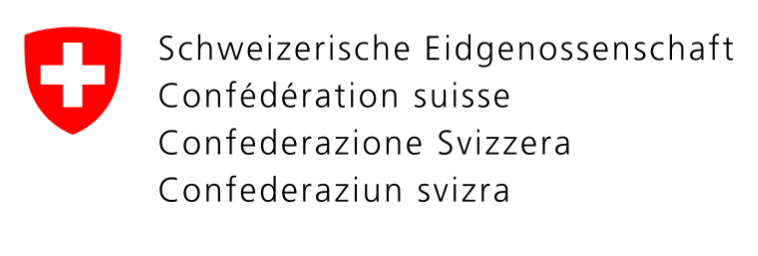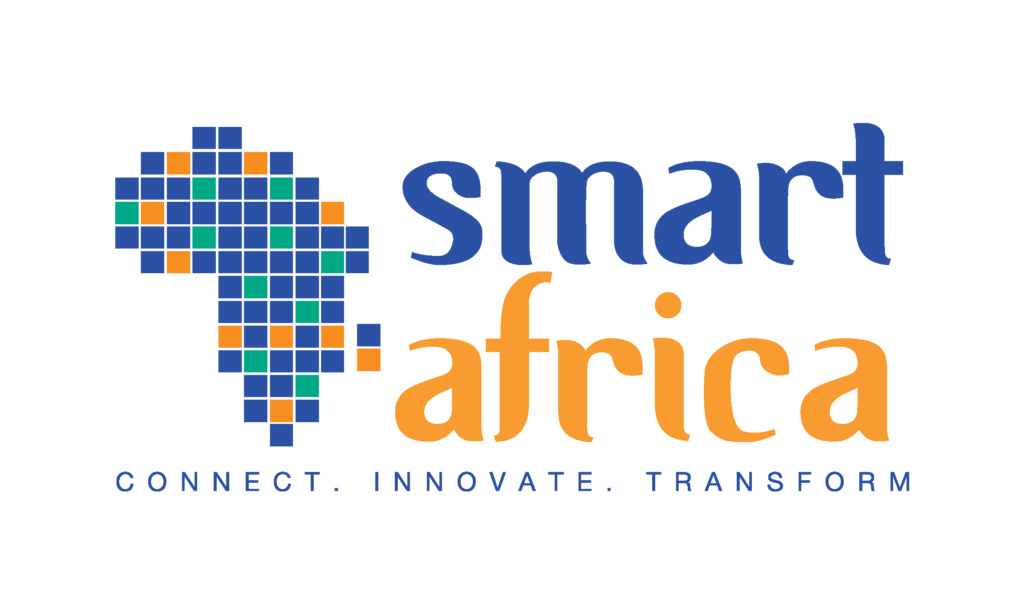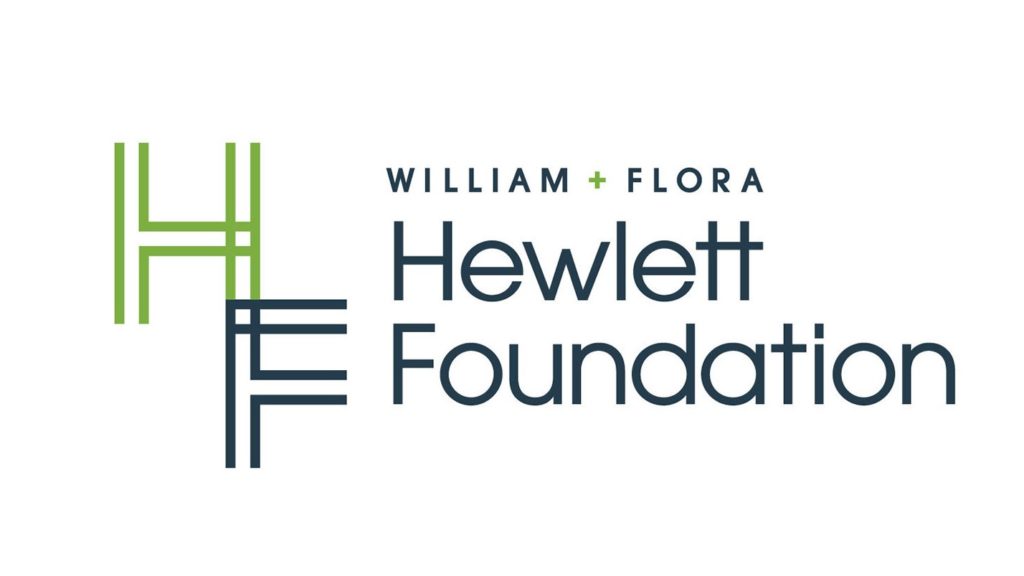
A Year in Review 2023
“A Year in Review” presents the activities, impact, and learnings from 2023 and what’s coming next in the Datasphere Initiative. From amplifying voices across sectors and conducting comprehensive research on concrete data challenges and opportunities, to policy experimentation to enable innovative cross-border data governance solutions.
Learnings

1. We need a transformative agenda to responsibly unlock the value of data for all.
An International Decade for Data (IDD) is a potentially powerful international tool to help the UN and its Member States navigate through the data-driven landscape. It urges leaders to set a transformative agenda that acknowledges the interconnected nature of data’s potential and underscores the collective responsibility to wield it conscientiously.
The IDD could provide a mission-driven process and vision for international data cooperation that can stimulate international investment, bridge capacity gaps, leverage specialist expertise in the private sector, and reduce barriers to data sharing.
2. We must enhance global AI governance and representation from the Global Majority.
Artificial Intelligence (AI) raises complex data governance questions, underscoring the need for transparency, accountability, and inclusive design. Yet, achieving these goals can be challenging, especially when governments or practitioners do not fully understand data-related decisions and their potential impacts, leading to adverse effects on desired development outcomes. It is key to unpack regional experiences and voices, particularly those from the Global Majority, to address these complexities effectively.
3. We need to accelerate experimentation to enable innovative cross-border data governance solutions.
Ending the climate crisis, developing responsible AI, and other complex issues require a new level of dynamic, multistakeholder, and cross-border collaboration. Sandboxes can help bridge the gap between stakeholders and sectors by creating collaborative environments to experiment with new uses, capabilities, and means of governing data against concrete challenges through a multistakeholder approach.
4. We should move from data to value by enhancing the understanding of the field of data governance.
Over the past decades, the field of data governance has experienced exponential growth in terms of concepts, supporting systems, norms, and entities. The increasing complexity of this domain requires mapping the organizations and funders worldwide operating in the area to better understand how they are unlocking the value of data.
5. We need more global policy engagement.
Discussions about data remain fragmented across sectors, and regions, often far from the practitioners or affected stakeholders, particularly those from the Global Majority. Moreover, debates on emerging technologies like AI often overlook the central role of data and governance, leading to bias.
As the deadline to achieve the Sustainable Development Goals (SDGs) approaches, the challenges increase, highlighting the urgent need for investment in data ecosystems, regulatory frameworks, and capacity building to prevent underrepresented communities from being left behind.
Activities and Impact
Our events in 2023
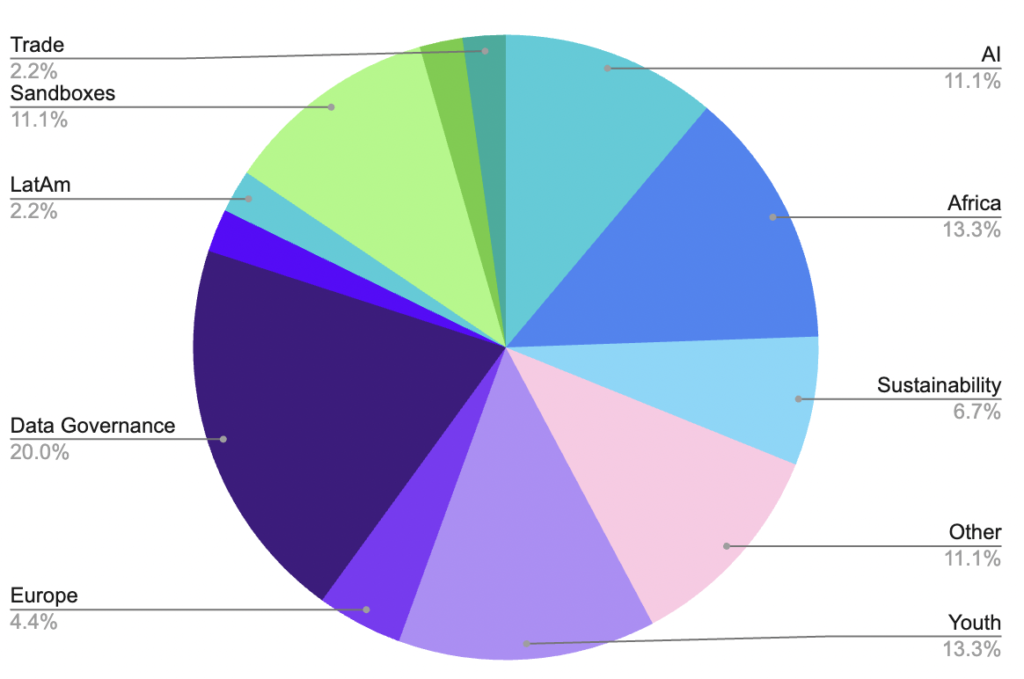
35 media mentions, including:
100+ reports and thought pieces
The Datasphere Initiative published 96 blogs in 2023 on how data governance is evolving and impacting our digital society.
Top 5 most visited blogs in 2023
Insights and Resources on Data
The Datasphere Initiative launched new publications aiming to lay out trends, challenges, and insights to responsibly unlock the value of data for all in Europe, improve interoperability, and enhance inclusion in digital identity policies.
Fellowship Program
The second cohort of fellows (2022-2023) centered its research on cross-border data flows, data standardization, health data, data governance boards, and data embassies, among others.
The Datasphere Initiative welcomed it’s third cohort of fellows in November 2023.
Amplifying Impact
Board of Trustees
The Datasphere Initiative welcomed a new member, Carolyn Nguyen, to its Board of Trustees in 2023 to collaborate on impactful solutions to responsibly unlock the value of data for all.
Africa Forum on Sandboxes for Data
To spur the development and implementation of innovative data governance frameworks across borders in Africa, the Datasphere Initiative launched a region-wide effort to build an Africa Forum on Sandboxes for Data. This initiative seeks to cultivate a pan-African community to enable innovative cross-border data governance solutions. The multistakeholder process invites local, regional, and global experts to explore the ways in which regulatory and operational sandboxes could facilitate responsible data flows and exchange.

#Youth4OurDataFuture
The Datasphere Initiative’s #Youth4OurDataFuture is one of the winners of the Omidyar Network Future of Data Challenge. The project aims to develop awareness-raising and learning campaigns, to showcase the voices and experiences of youth from the United States on how data shapes their lives. Results and learnings will be shared to bridge gaps between youth and decision-makers through structured advocacy and outreach.
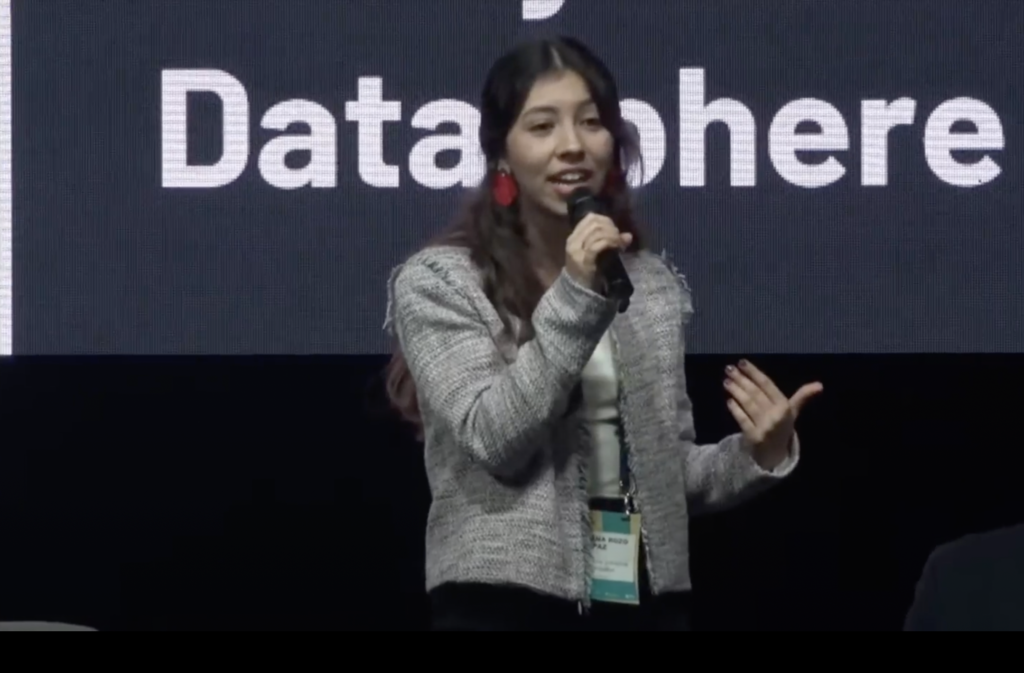
A Global Team
The Datasphere Initiative team worked together to advance the organization’s mission to responsibly unlock the value of data for all.
A Global Network
25 new organizations joined the Datasphere Initiative as partners in 2023, including the International Chamber of Commerce (ICC), Transform Health, Smart Africa, the Government of Switzerland, UNESCO, and Data Privacy Brazil.
What's Next
1. Catalyzing a mission-oriented process.
Global leaders need to ensure that the benefits of the digital and the data economy are accessible to all individuals and communities, not just a privileged few. The Datasphere Initiative will continue to actively contribute to the “Inclusive Digital Transformation” Task Force of the T20 engagement group (Think20) to convene stakeholders and discuss the priorities of the Brazilian Presidency of the G20 related to the digital agenda.
Using this momentum, the Datasphere Initiative will continue advocating for an International Decade for Data (IDD) to address the foundational role of data in global challenges. An IDD could drive investment in data collection, promote data literacy and education, bridge the digital divide, encourage international data collaboration, and leverage data to advance progress toward the Sustainable Development Goals (SDGs).
2. Fostering inclusivity in AI data governance.
To tackle data governance challenges within AI, the Data for Development Network (D4D.net), the Global Index on Responsible AI, and the Datasphere Initiative have embarked on a consultation process through a series of webinars initiated in 2023.
The webinars delve into regional experiences, shedding light on emerging trends, challenges, and opportunities, particularly in the Global Majority. The Datasphere Initiative will publish a report consolidating key insights and recommendations from the webinars, and will participate in global fora to advocate for multistakeholder collaboration in addressing these challenges.
Finally, through the #Youth4OurDataFuture project, the Datasphere Initiative will amplify youth voices in data and AI governance discussions throughout 2024.
3. Addressing pressing challenges through innovative solutions.
Sandboxes can unlock groundbreaking possibilities and help address urgent challenges in AI, health, and climate. However, their cross-border potential remains largely underexplored. Recognizing this, the Datasphere Initiative has initiated efforts to promote dialogue on best practices and challenges for implementing sandboxes in the Global Majority. The DI will continue to test the potential of sandboxes through the “Africa Forum on Sandboxes for Data” and build on work in Latin America following the “National and International Sandbox Experiences” event in Brasilia. Looking ahead, the Datasphere Initiative will continue to identify strategic partners to launch the “Global Sandboxes Forum” in 2024.
4. Mapping organizations and initiatives worldwide.
To further advance the field of data governance and gain deeper insights into how diverse organizations worldwide leverage data, the Datasphere Initiative will launch the Datasphere Observatory. This initiative aims to track organizations and funders that play a pivotal role in shaping the data governance discourse across various sectors globally.
5. Sharing data responsibly and ensuring equitable distribution of value.
A range of techniques, such as homomorphic encryption, federated learning, or multi-party computation offer new and innovative ways to unlock access to data while mitigating risks. However, setting the corresponding governance arrangements remains a complex endeavor. With funding from the Omidyar Network, the Datasphere Initiative will collaborate with expert partners to develop modular charters for data communities. These charters aim to lower transaction costs and provide predictability, as part of a general protocol approach for responsible data sharing. The Datasphere Initiative will seek out partners to develop this project. Contact us if you are interested in collaborating.
Join our Network as a friend or partner
And follow us on social media!







































